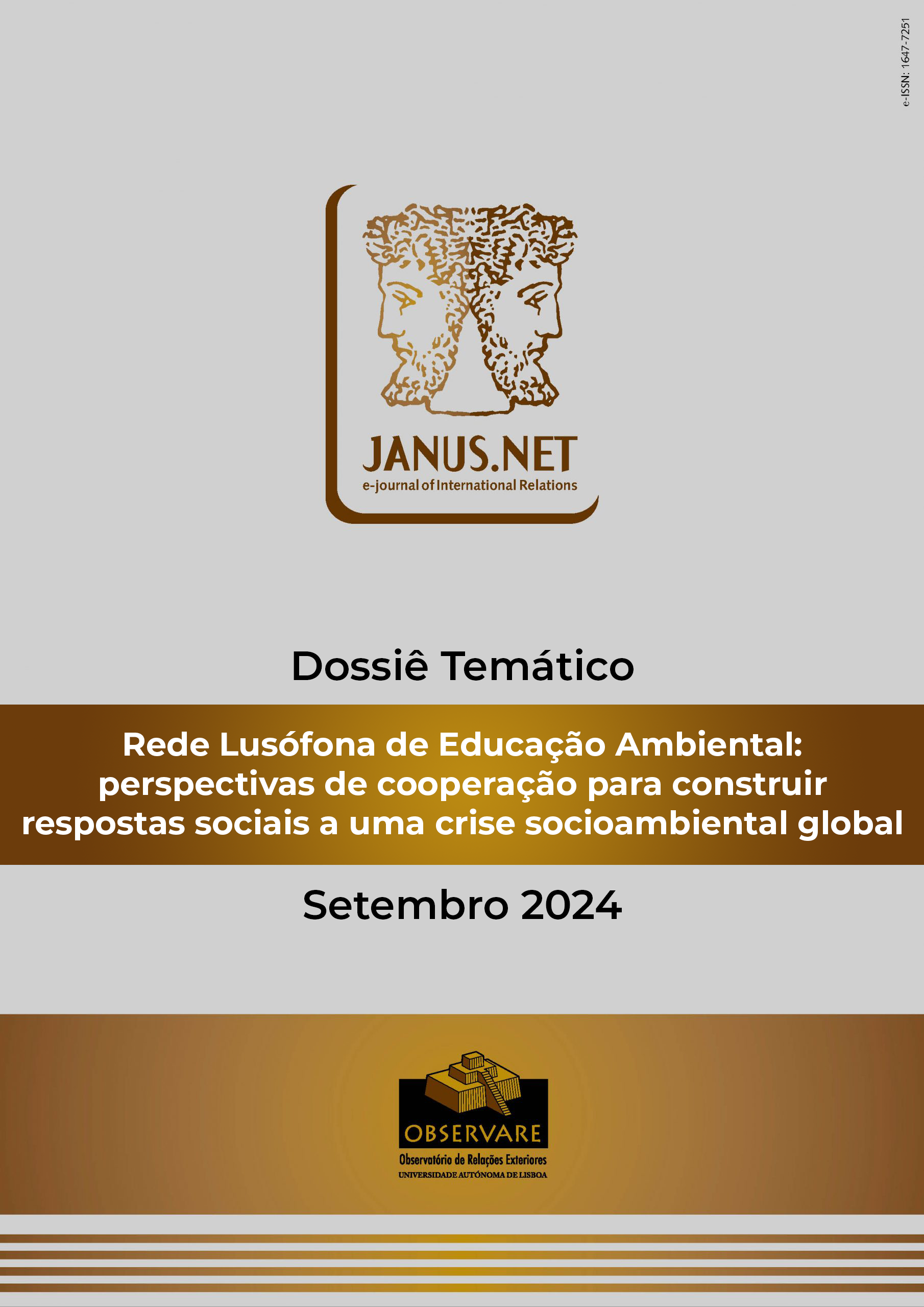The results of the study conducted by the authors indicate that the Brazilian biomes content did not receive the proper attention, in the period from 2015 to 2019, in the “Natural Sciences and their Technologies” section of the National High School Examination (ENEM), which might suggest that these are considered secondary content in these exams. This can impact the scientific education of students and the development of skills that enhance the idea of belonging to a specific place in defined space and time. In educational, political, cultural, and social discussions, biomes are in focus and are understood as essential for the conservation of Earth’s biodiversity. All of these aspects relate to environmental education and the ecological formation of individuals. In this qualitative study, a pedagogical intervention activity is reported, which was conducted with a group of high school students from a Brazilian Basic Education school as part of a master’s research project. The students’ activity consisted of creating six infographics, each covering one of the Brazilian biomes. These infographics, developed based on bibliographic research, were printed in poster format and displayed in the classroom as a didactic and motivational resource. The intention was to contribute to the scientific and ecological education of the students, especially regarding their awareness that knowledge about biomes is essential for their preservation. Emphasis was placed on the maintenance of genetic heritage of species, the ongoing need for soil and water conservation, as well as the preservation of forests, which are crucial for regulating rainfall and the planet’s climate. It is concluded that the appropriate approach to biomes could be useful for the scientific and ecological education of students and should have a central place in basic education, not as an option but as a responsibility that must be urgently taken on.
BRAZILIAN BIOMES AND ENVIRONMENTAL EDUCATION: POTENTIALS FOR THE SCIENTIFIC AND ECOLOGICAL FORMATION OF HIGH SCHOOL STUDENTS
https://doi.org/10.26619/1647-7251.DT0224.1
NOEMI BOER, NEUSA MARIA JOHN SCHEID , CLÁUDIA RIGOLI SCHNEIDER
Abstract
Keywords
Environmental, Biodiversity, Pampas, Amazon, Pantanal
Artigo publicado em 2024-09-06

